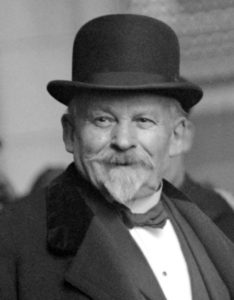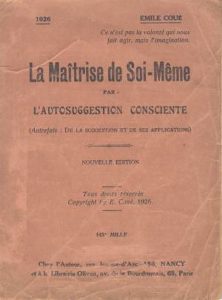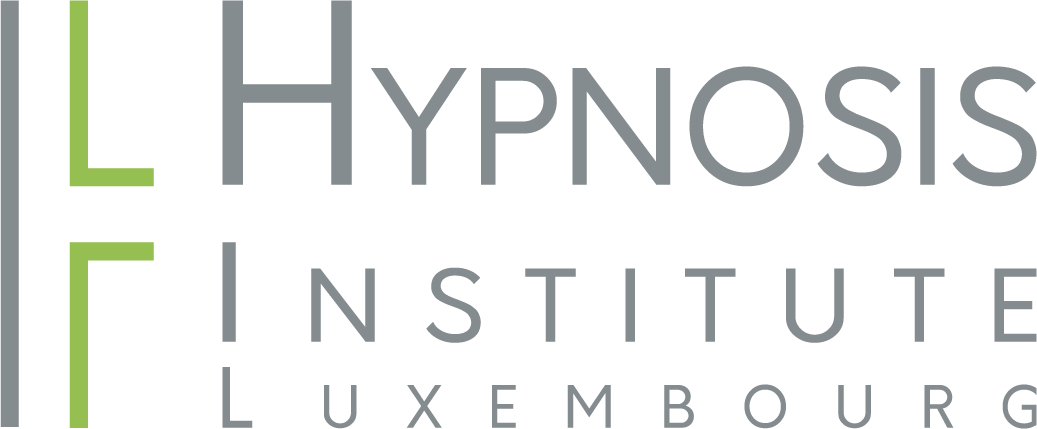Emile Coué

Émile Coué (* February 26, 1857 in Troyes; † July 2, 1926 in Nancy) was a French pharmacist and author as well as the founder of modern, conscious autosuggestion.
Coué studied the work on hypnosis by Ambroise Liébault and Hippolyte Bernheim (Nancy School or Nancy School of Hypnosis). As a pharmacist, he got the impression that a positive comment when customers picked up their medicine enhanced the effect. After further studies, he began to put his views on suggestion into practice.
- “By uncovering the inner processes, he succeeded in formulating laws that made autosuggestion easy to teach and thus enabled the immense spread of the beneficial teaching.”
Through his work, Coué split the Nancy School and became the founder of the New Nancy School. From 1912 until the 1920s, Coué traveled through the major European cities and to the USA, filling auditoriums with lectures on his method. It was important to him to strengthen people’s healing powers and to teach as many people as possible how they could help themselves. This was actually his new approach. His wife accompanied him on his travels and supported Coué to the best of her ability. She wrote parts of his books and his biography for him. Numerous Coué societies were founded all over the world.
Coué described his teachings in the book Self-Mastery through Conscious Autosuggestion.. This was based on two fundamental ideas:
- Every thought in us strives to become real.
- Not our will, but our imagination, the ability to make ourselves believe something, is the most important quality in us.
Coué told his patients clearly: “I have no healing power, only you yourself!”
According to Coué, great success can be achieved with the simple exercise of reciting to yourself half aloud about 20 times a day after waking and before sleeping (so that the sentence is anchored in the unconscious via the sense of hearing):

Self-control through autosuggestion
- “Every day I feel better and better in every respect!”
(Tous les jours à tous points de vue je vais de mieux en mieux!)
It doesn’t matter whether you believe it or not and what you consciously think about it, as long as your lips form the sentence loud enough so that it can reverberate through your ears. A string of knots or something similar is helpful for counting. Coué recommended speaking the sentence as childlike and effortlessly as possible, slowly and monotonously in the manner of a litany or a mantra, without exerting the will too much.
In the case of acute pain or discomfort, whether physical or mental, Coué advised placing the hand on the affected area or forehead and repeating as quickly as possible: “It will pass; it will pass, etc.” until the symptoms subside. The self-treatment should be repeated as necessary, and with regular use, the success would become increasingly rapid and the symptoms would appear less and less frequently until they finally disappeared completely.
Coué expressly emphasized that he was not a miracle healer. He was merely the first modern scientist and physician to see through the primacy of the imagination over the will and recognized that in the majority of all ailments, the psychological component overlaps the somatic component and often persists after the physical illness has been cured. Furthermore, since all life processes are controlled by the unconscious, the effect of the unconscious can be influenced towards healing through conscious autosuggestion. Coué also expressed it with the following words: “Every idea that has impressed itself strongly enough strives to realize itself and realizes itself as long as no laws of nature oppose it.”
